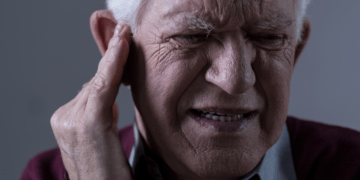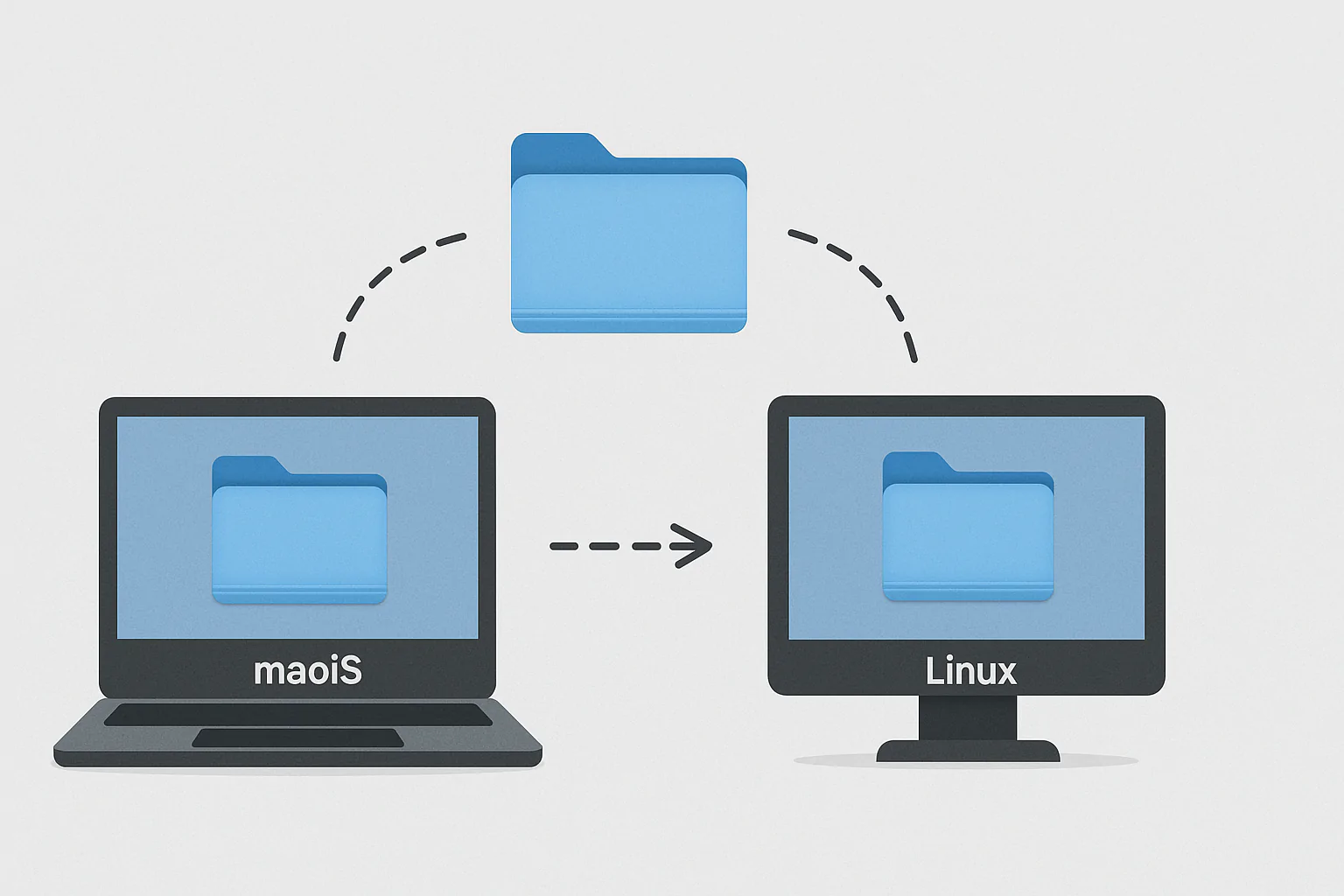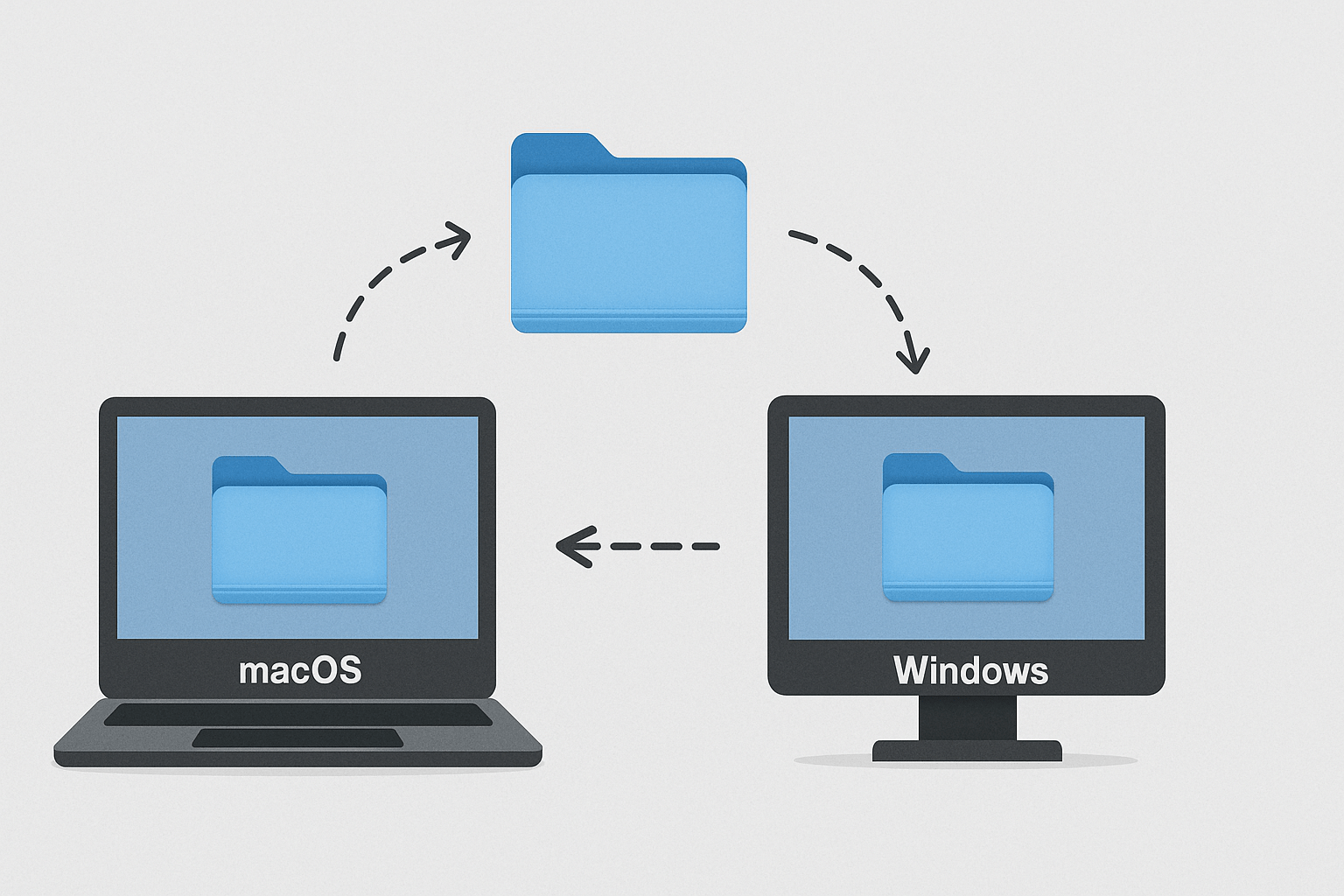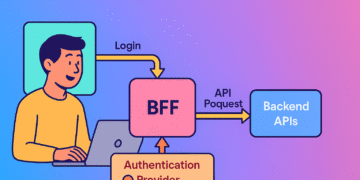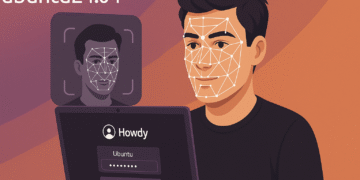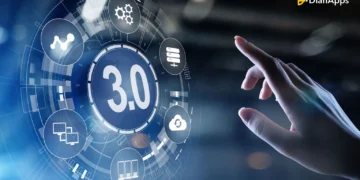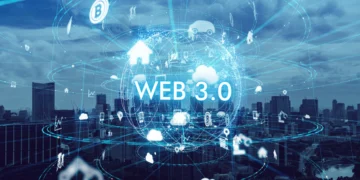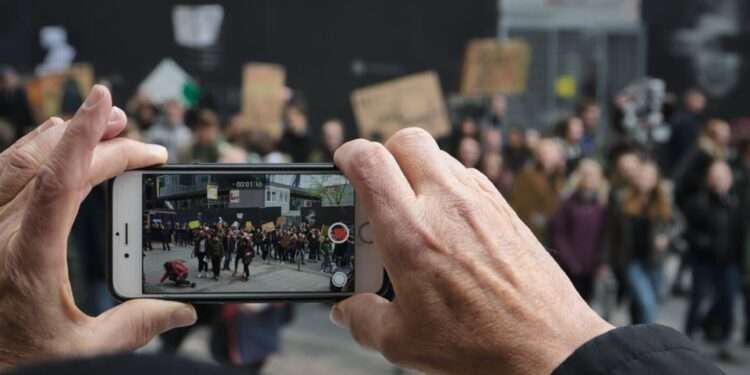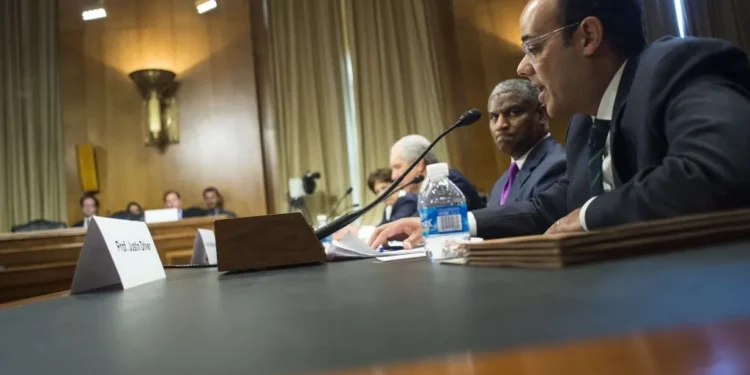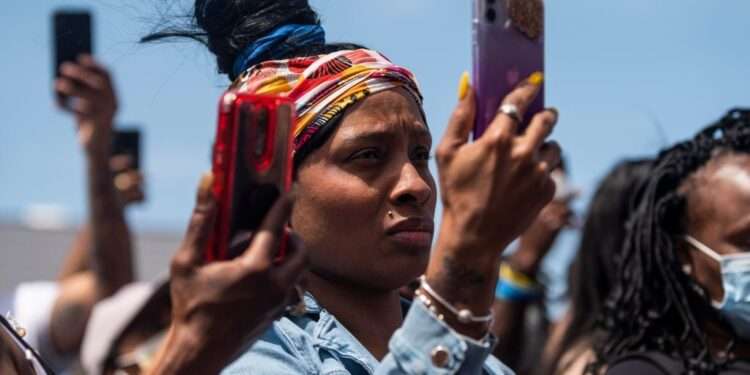The evolution of technology has had a profound impact on every aspect of our lives, and the judicial system is no exception. Smartphones, in particular, have transformed the way we communicate, access information, and manage our daily lives. These changes have inevitably permeated into the judicial system around the world, altering the way proceedings are conducted, evidence is gathered, and justice is served. This blog will delve into the various ways smartphones have changed the judicial system, from enabling remote court proceedings to facilitating better communication between legal professionals and their clients.
Facilitating Remote Court Proceedings
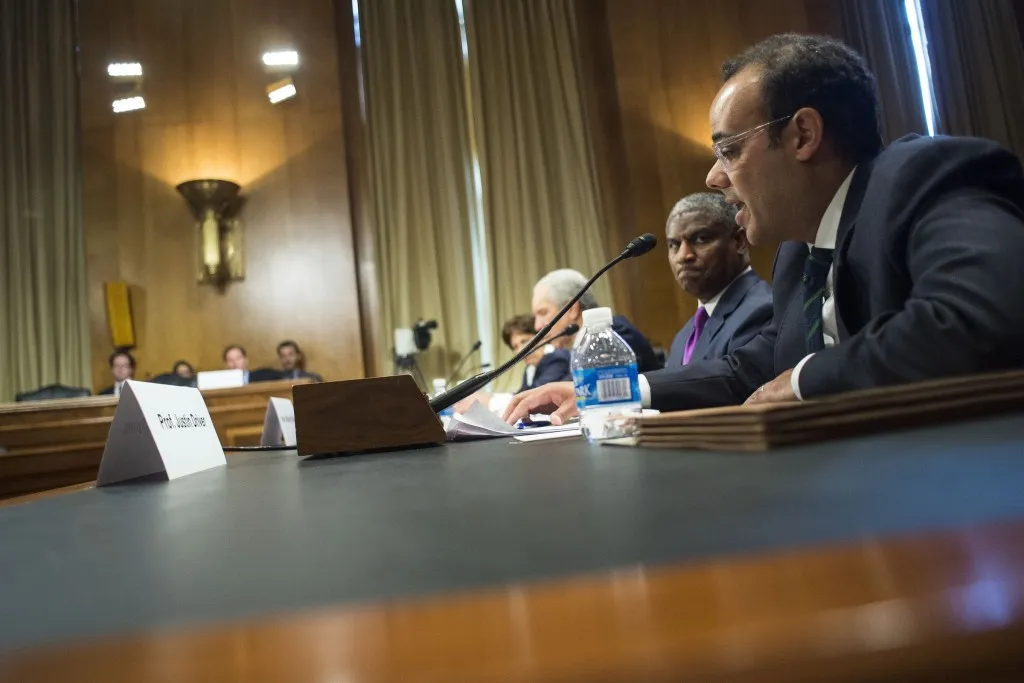
The rise of smartphones has made it possible to conduct court proceedings remotely. With high-speed internet and video conferencing apps, judges, lawyers, and litigants can participate in hearings from the comfort of their homes or offices. This has been particularly beneficial during the COVID-19 pandemic, where social distancing measures have made it difficult to conduct proceedings in a traditional courtroom setting. Remote court proceedings have not only ensured the continuity of justice during these challenging times but have also made the judicial process more accessible to people who may have difficulty attending court in person, such as those living in remote areas or those with mobility challenges.
Enhancing Communication between Legal Professionals and Clients
Smartphones have revolutionized the way legal professionals communicate with their clients. With messaging apps, emails, and video calls, lawyers can now provide real-time updates and advice to their clients, regardless of where they are located. This has made the legal process more transparent and has empowered clients to take a more active role in their cases. Additionally, smartphones have also made it easier for legal professionals to collaborate with each other. They can easily share documents, discuss case strategies, and coordinate their efforts, all from their smartphones.
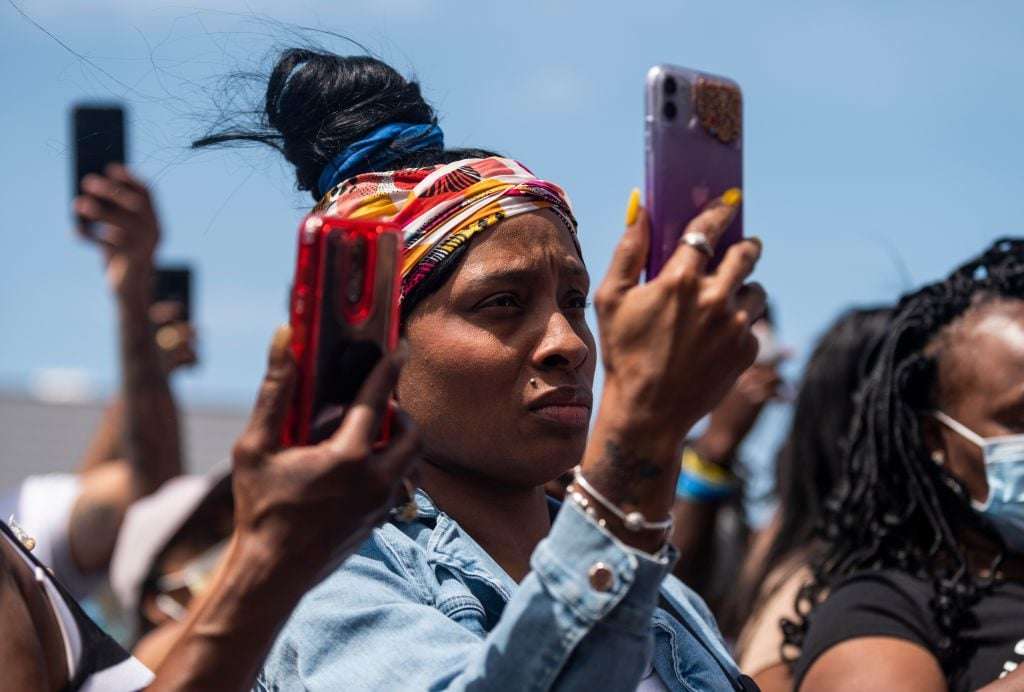
Streamlining Case Management
Managing a legal case involves keeping track of a multitude of documents, deadlines, and tasks. Smartphones, with their advanced capabilities and multitude of apps, have made this process much more efficient. Lawyers can now use case management apps to organize their caseload, schedule appointments, and set reminders for important deadlines. They can also use document scanning apps to digitize paper documents and store them in the cloud, making them easily accessible from anywhere. This has greatly reduced the amount of paperwork involved in managing a case, and has made it easier for lawyers to stay organized and on top of their workload.
Facilitating Evidence Gathering
Smartphones have also transformed the way evidence is gathered in legal cases. With built-in cameras, GPS, and other sensors, smartphones can be used to capture photos, videos, and other data that can be used as evidence in court. For example, a smartphone can be used to document the scene of an accident, record witness statements, or capture other relevant information. Additionally, smartphones can also be used to access and collect digital evidence, such as text messages, emails, and social media posts. This has made it easier for lawyers to gather the evidence they need to build a strong case, and has also made it more difficult for people to tamper with or destroy evidence.
Enabling Better Access to Legal Information
Smartphones have made it easier for people to access legal information. With the internet at their fingertips, people can now easily search for legal advice, find out about their rights, and understand the legal processes involved in their cases. There are also many apps available that provide legal resources, such as legal dictionaries, law books, and guides on various legal topics. This has made legal information more accessible to the general public, and has empowered people to take a more active role in their legal matters.
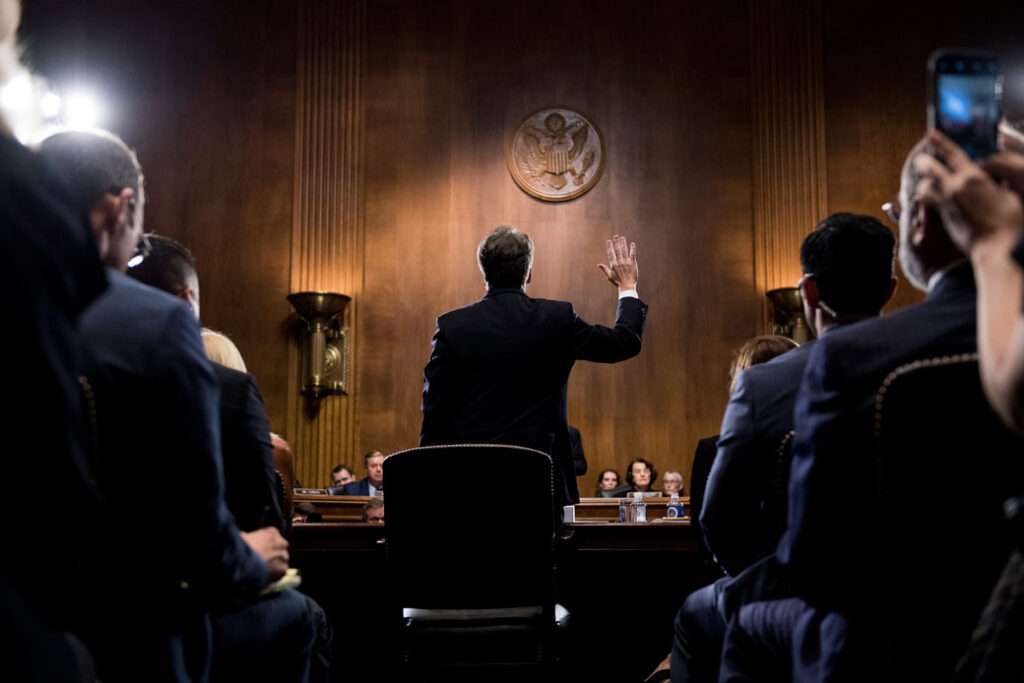
Conclusion:
Smartphones have had a profound impact on the judicial system around the world. They have enabled remote court proceedings, enhanced communication between legal professionals and their clients, streamlined case management, facilitated evidence gathering, and enabled better access to legal information. While there are still challenges to be addressed, such as ensuring the security and privacy of digital information, the benefits of smartphones in the judicial system are undeniable. As technology continues to evolve, it will be interesting to see how the judicial system adapts and leverages these advancements further to improve access to justice and efficiency in legal proceedings.
Overall, smartphones have not only made the judicial system more accessible and efficient, but they have also made it more transparent and accountable. With the ability to record and document proceedings, share information in real-time, and access legal resources from anywhere, people are better equipped to navigate the legal system and protect their rights.
While the use of smartphones in the judicial system has been largely positive, it is important to address potential drawbacks and challenges. For example, there are concerns about the digital divide and whether everyone has equal access to the technology required to participate in remote court proceedings. Additionally, there are concerns about the security and privacy of digital information exchanged during legal proceedings.

As the judicial system continues to evolve and adapt to technological advancements, it is essential to address these challenges to ensure that the technology serves to enhance the system and not create new barriers or inequities. With careful planning and consideration, smartphones can continue to be a valuable tool in the pursuit of justice around the world.
In conclusion, smartphones have revolutionized the judicial system in many ways, making it more accessible, efficient, and transparent. While there are challenges to be addressed, the benefits of incorporating smartphones into the judicial system are significant and have the potential to improve the way justice is served around the world.



